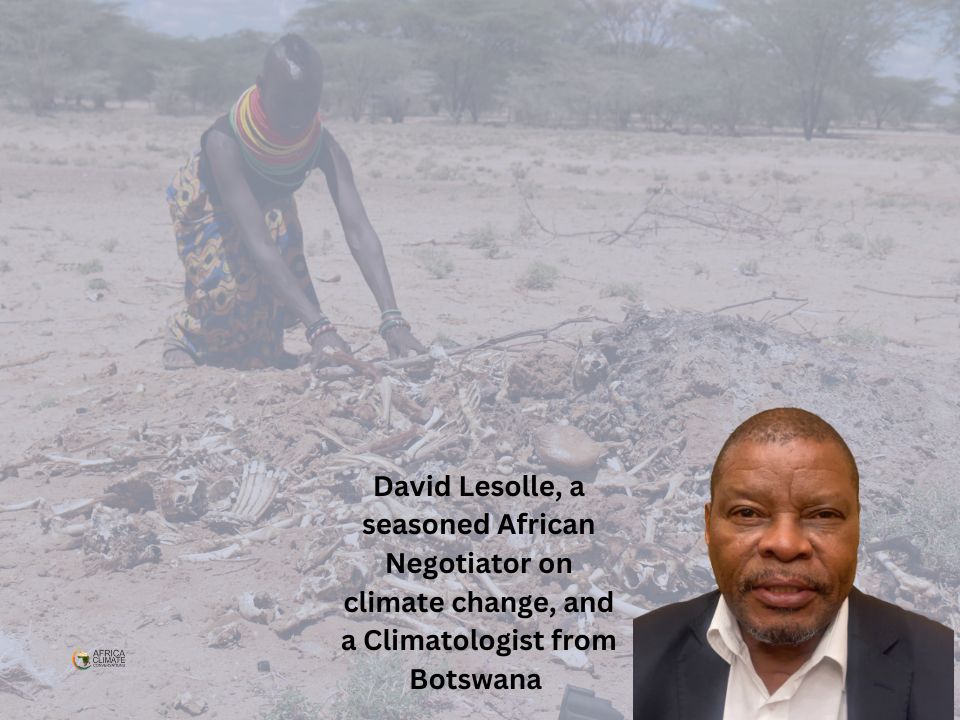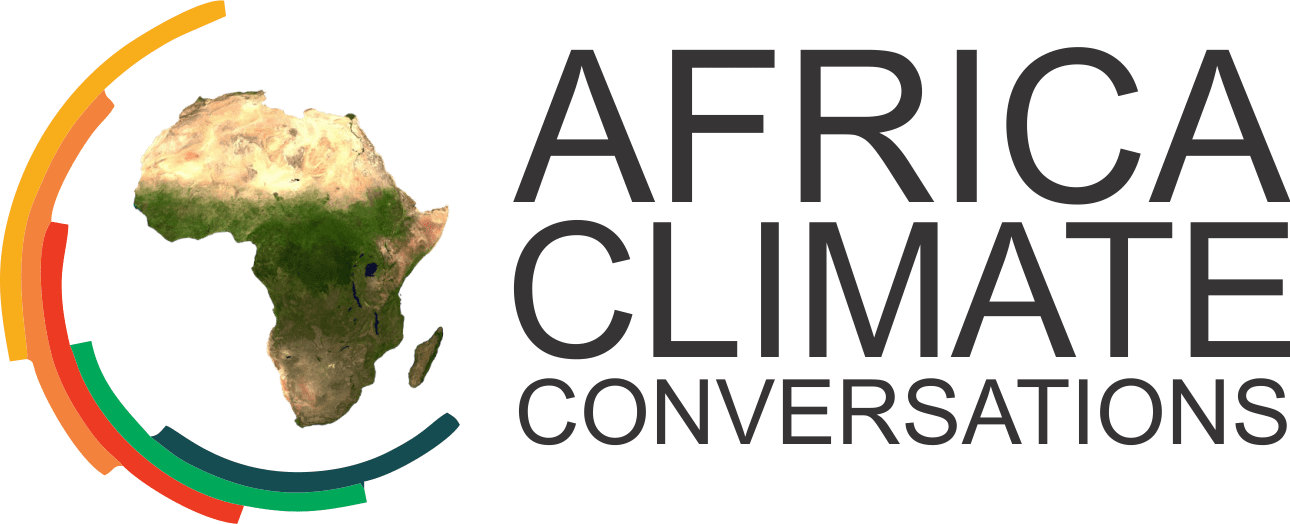
During the 28th United Nations climate summit, hosted by the Government of the United Arab Emirates (UAE) in December 2023, the first global stocktake, which is intended to map out the path to achieving the Paris Agreement’s main objectives, will conclude. The global stocktake, which is anticipated to occur every five years, will assess the world’s progress in reducing greenhouse gas emissions, enhancing resilience to climate impacts, and securing financing and support to combat the climate crisis.
Also listen to how have religion, colonialism, and education affected Barotse Floodplain conservation.
Botswana’s David Lesolle, a seasoned African negotiator on climate change, reiterates that it is extremely difficult to measure progress where goals are unspecific. He warns that it is difficult to measure progress because the majority of African national climate commitments (NDCs) do not specify projects that will be implemented to address climate-related measures in critical sectors “Africa needs to prioritise on making their climate needs smart and measurable first” says Lesolle.
As Africa convenes in Nairobi for the Africa Climate Weeks, what must the continent contemplate prior to the global stocktaking? Given that Africa is the continent most impacted by climate change, why should it prioritise building trust between its governments and its most vulnerable citizens?
